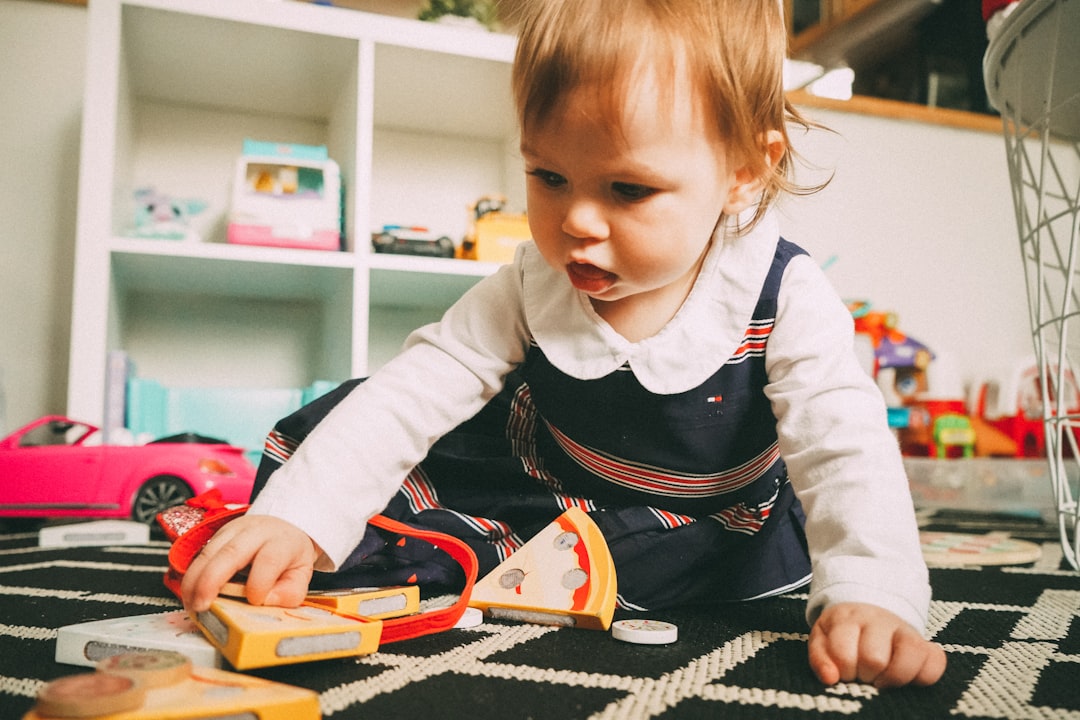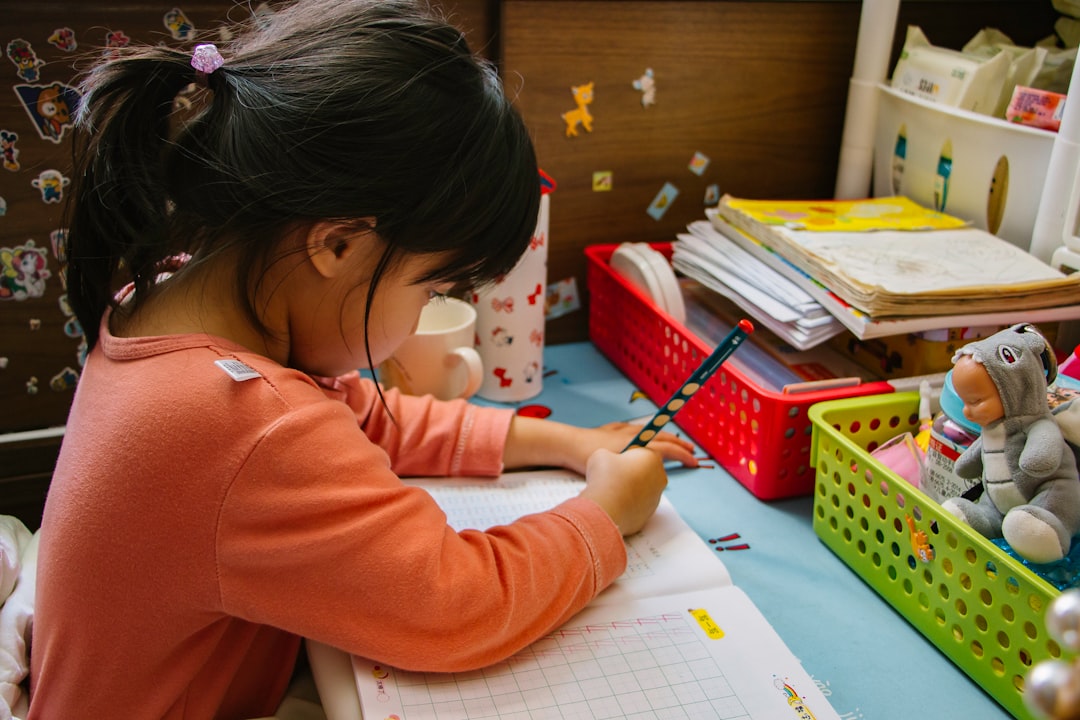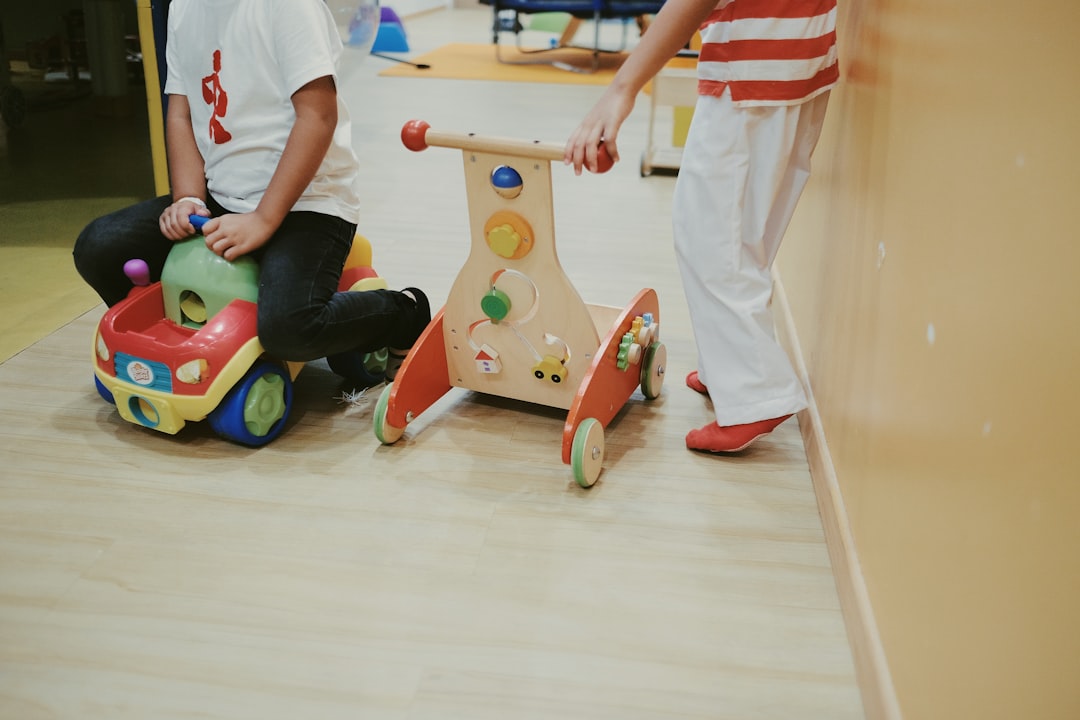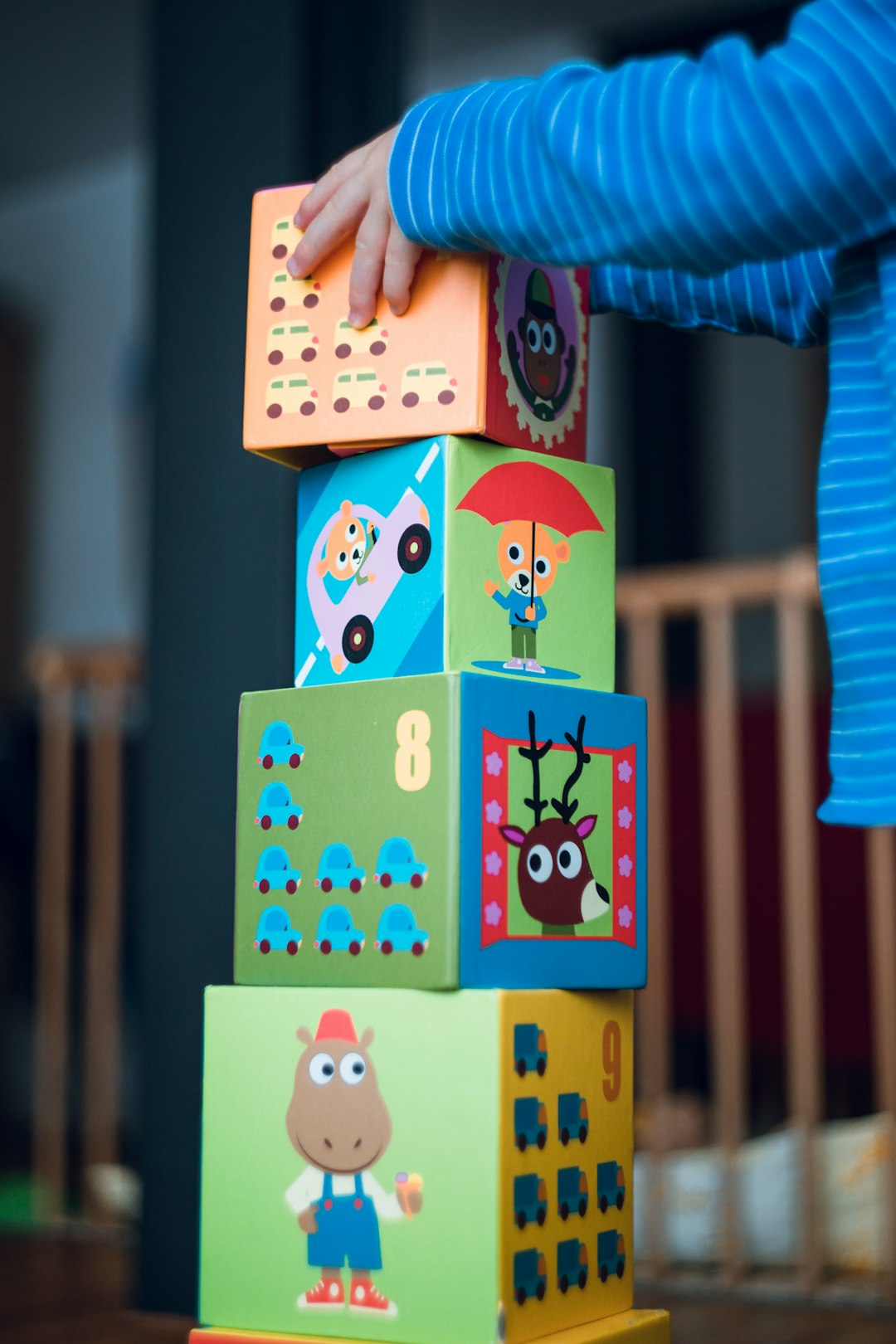In Rhode Island, protecting children in daycare settings is paramount. However, instances of abuse can have devastating consequences for young minds. Understanding the state’s daycare abuse laws is crucial for families seeking justice. This article guides you through navigating these legal complexities. We explore the role of a dedicated daycare abuse lawyer in Rhode Island and outline the rights of victims and their families. Learn essential steps to take after an incident, ensuring your child receives the support they need.
Understanding Rhode Island's Daycare Abuse Laws
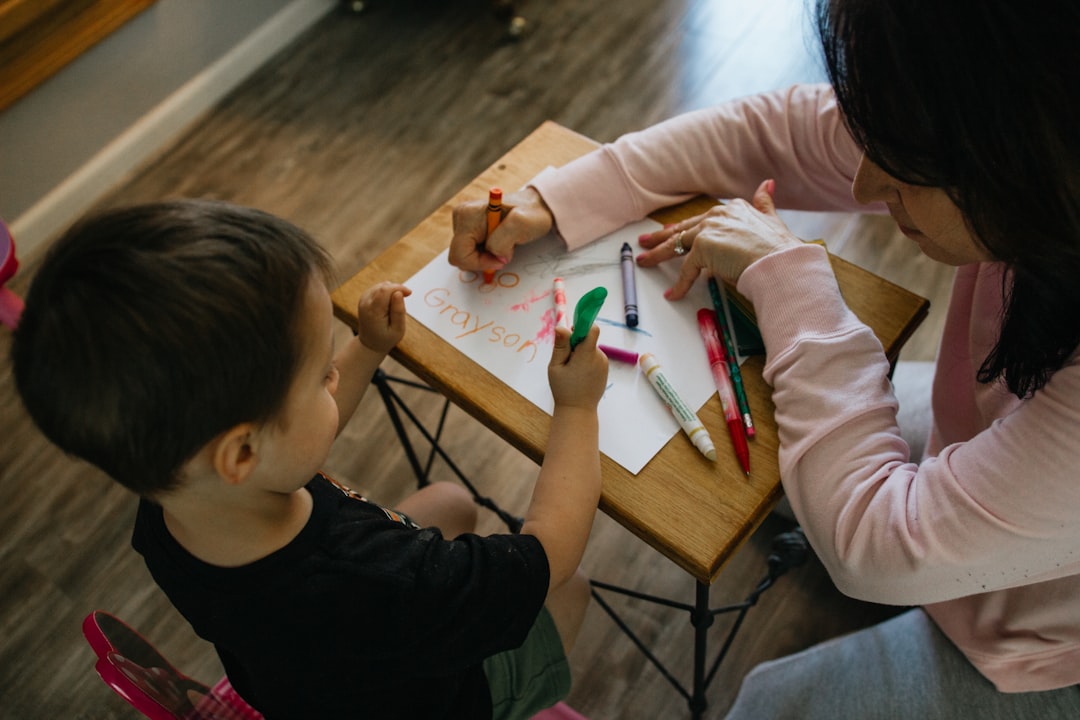
In Rhode Island, the protection of children in daycare settings is a serious matter, and the state has established laws to ensure their safety. If you suspect or have experienced abuse or neglect while your child was in daycare, it’s crucial to understand the legal options available to you. A dedicated daycare abuse lawyer in Rhode Island can guide you through this complex process.
Rhode Island law defines daycare as a facility that cares for six or more children under the age of 13, and it has strict regulations regarding staff-to-child ratios and qualifications. If a daycare operator or employee causes harm or exhibits abusive behavior towards a child in their care, they can be held accountable under the law. This includes physical, emotional, or sexual abuse, as well as neglect. Victims and their families have the right to seek justice and compensation through legal channels, with the assistance of a qualified daycare abuse lawyer who understands Rhode Island’s specific laws and regulations.
The Role of a Daycare Abuse Lawyer in Rhode Island

In the unfortunate event of daycare abuse or neglect in Rhode Island, a dedicated daycare abuse lawyer plays a pivotal role in advocating for victims and their families. These legal professionals are equipped to navigate the complex landscape of child welfare laws and regulations specific to Rhode Island. They possess an in-depth understanding of the state’s legal framework, ensuring that every step taken aligns with the law.
A daycare abuse lawyer in Rhode Island investigates incidents thoroughly, gathering evidence and interviewing witnesses to build a strong case. They provide victims with a voice, representing their interests and fighting for justice. Through strategic legal action, these lawyers aim to hold negligent daycare centers accountable and secure compensation for the harm suffered by children. Their expertise guides clients through the legal process, offering much-needed support during an emotionally challenging time.
Rights of Victims and Their Families

In the unfortunate event of experiencing daycare abuse in Rhode Island, victims and their families possess specific rights that should be understood. The first step is to report the incident to the appropriate authorities, such as the Department of Children and Families (DCF). This agency has a legal obligation to investigate claims of child abuse or neglect and can provide support and resources for affected individuals.
Victims and their relatives have the right to seek legal counsel from a daycare abuse lawyer in Rhode Island. These professionals are equipped to guide them through the legal process, ensuring their rights are protected. A daycare abuse lawyer can help navigate the complexities of the law, file necessary paperwork, and advocate for fair compensation or other remedies available under Rhode Island’s laws.
Steps to Take After an Incident of Daycare Abuse

If your child has experienced abuse or neglect while in daycare, it’s essential to take immediate action to protect their well-being and ensure justice. The first step is to remove your child from the facility immediately and seek medical attention if necessary. Documenting the incident thoroughly is crucial; take photos of any injuries, gather statements from witnesses (if available), and keep a record of all communications with the daycare staff and authorities.
Next, contact a reputable daycare abuse lawyer in Rhode Island who specializes in such cases. They can guide you through the legal process, which may include filing a report with the appropriate child welfare agency, pressing charges against the responsible parties, and seeking compensation for your child’s suffering. Remember, time is of the essence, so prompt action will help strengthen your case.


